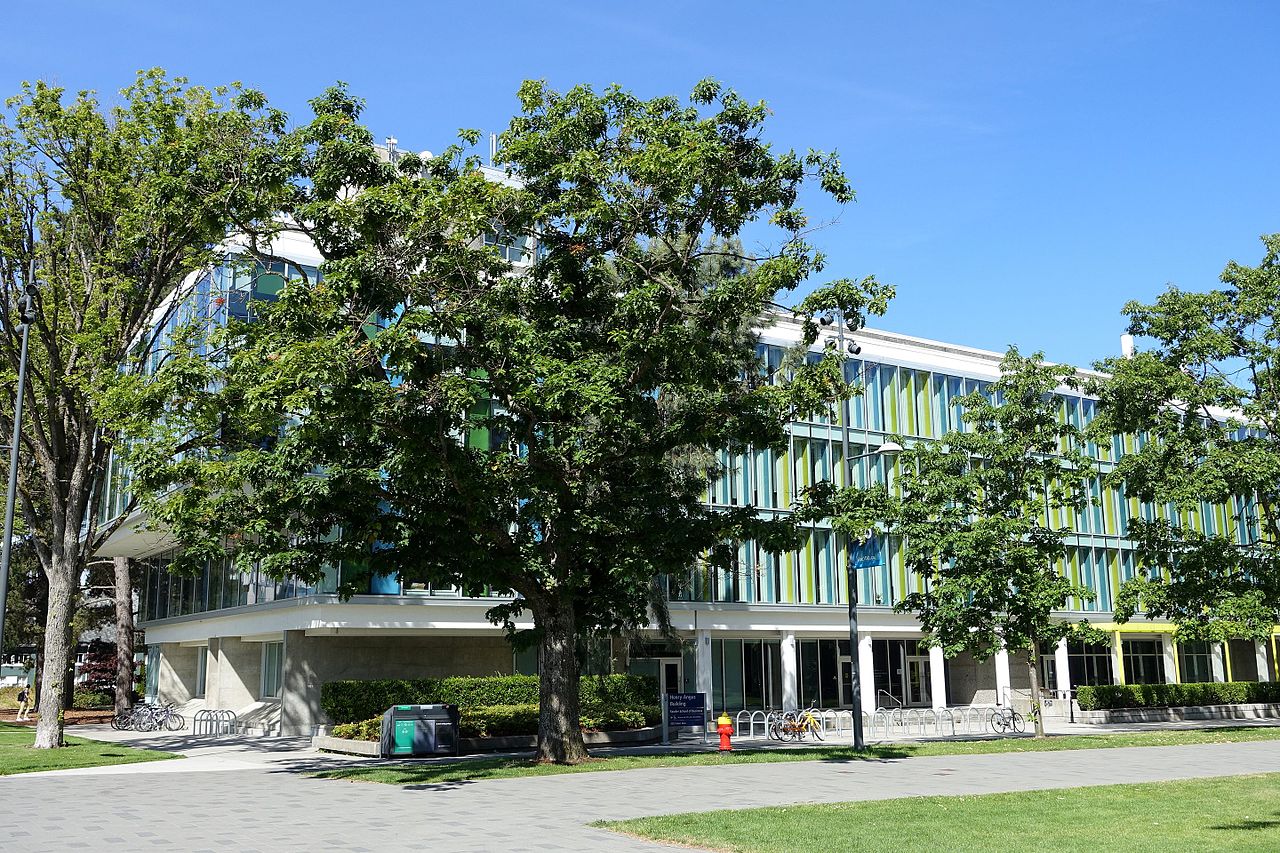New Research Facility Gives BC’s Hydrogen Energy Sector An Innovation Boost

The Smart Hydrogen Energy District has launched at UBC.
The University of British Columbia has launched a new hydrogen-focused research facility designed to speed up innovation in British Columbia’s hydrogen energy sector. The Canadian province’s hydrogen infrastructure is expected to get a boost thanks to the new CA$23-million ($16.8 million) facility, known as the Smart Hydrogen Energy District (SHED).
Critical energy research breakthroughs.
SHED is equipped with a hydrogen fueling station. It will also generate hydrogen using solar and hydro power to run a water electrolyzer. This will ensure that the hydrogen produced on site is fully renewable.
SHED is one of the first projects to combine solar, hydro and hydrogen energy at a single site, with the objective of linking these renewable power sources to a unified micro-grid. It is also British Columbia’s first hydrogen station to provide service to both light- and heavy-duty hydrogen vehicles. The groundbreaking facility is expected to open the way for breakthroughs in vital energy research.
The Smart Hydrogen Energy District demonstrates the importance of H2.
According to Dr. Walter Mérida, SHED demonstrates hydrogen as a “bridge between renewable electricity and sustainable energy services.” Dr. Mérida added that as tech becomes smart and interconnected, gas, electrical and digital networks can stop being viewed as separate entities. Dr. Mérida is SHED’s research lead and professor of mechanical engineering in the Facility of Applied Science.

The Smart Hydrogen Energy District brings together an array of technologies within a city block. According to UBC, its purpose is to serve as a model for compact urban planning. Within the facility, rooftop solar panels provide power to the hydrogen fueling station and the nearby EV charging stations. Two-way charging has been implemented, allowing parked EVs to both use power from the grid and give excess stored power back to the grid during peak hours when energy demand is high.
Additionally, a secure 5G network links SHED’s various systems, making it possible for researchers to create digital simulations for various types of research, including energy, transportation and urban planning.
SHED could be a step in the right direction for Canada.
 The global hydrogen market is expected to see significant growth in the coming years. To maintain and evolve its leadership in hydrogen tech, Canada will need sustained research.
The global hydrogen market is expected to see significant growth in the coming years. To maintain and evolve its leadership in hydrogen tech, Canada will need sustained research.
SHED has already attracted clean energy innovators, and UBC researchers hope that this trend continues. Their goal is to speed up climate solutions through insights from SHED and seek both industry and private sector partners for collaboration.






